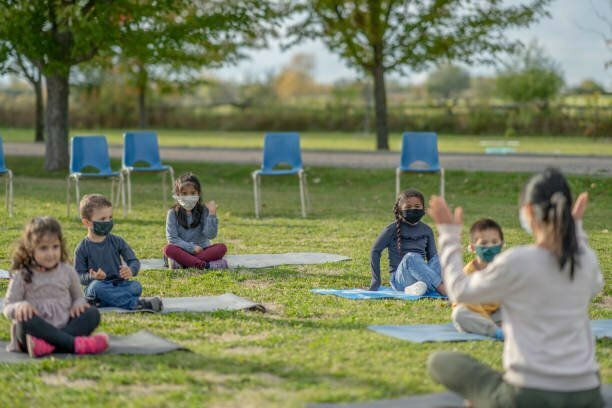Childcare for Primary School Kids
If you have long working hours or can’t take off 10 – 14 weeks for school holidays each year, you’ll need to organise care for your primary school child. So what types are there, and which one’s best for your family?
- Childcare service at your child’s school. PROs – most schools have one, it’s a convenient transition to the start and end of school, and there’ll be lots of friends to play with. Look for a service that balances unstructured free time (so kids can exercise and let off steam) with some daily activities / homework time. You might be eligible to claim childcare subsidy. CONs – kids can tire of being in the same location with the same kids every day – especially if also going there during holidays.
- Nanny – hire one just for yourselves or share one between families either on alternate days or by grouping kids together. Nannies (female or male) work in your home and can use your car to transport children. PROs – they can take your kids to other activities such as sports, music or playdates. CONs – highest out of pocket cost option to parents, as no subsidy is available; no back up if nanny gets sick.
- Au pair – an in-home exchange of light childcare duties (usually by a young student who goes to university during the day) for free food and board (provided by the family). These days a small wage might be added, especially if more work is required or finding an au pair is hard. PROs – they become part of the family; often international students, your kids might learn about another culture; free/cheap. CONs – need their own bedroom.
- A relative, neighbour or school parent providing care in their home. A friend of mine used to drop off her kids at another mum’s house, who’d take all four kids to school. Some money usually exchanges hands, though it’s cheaper than a nanny. Grandparents (bless them) are usually free. PROs – might suit a child who dislikes the crowd of school childcare; cheaper. CONs – no insurance.
- Holiday camps – out of school day camps run by private, educational and council organisations, often based around a particular theme (science, sport). Can be purchased on a daily or weekly basis. PROs – your child can follow their interests; CONs – usually expensive; some are short hours; your child won’t know anyone (to start).
This guest post was written by Melanie Notaras from My School Adventure, creating customised adventure novels for primary schools with 4 real teachers as characters, lots of school details and 22 possible endings! www.myschooladventure.com




